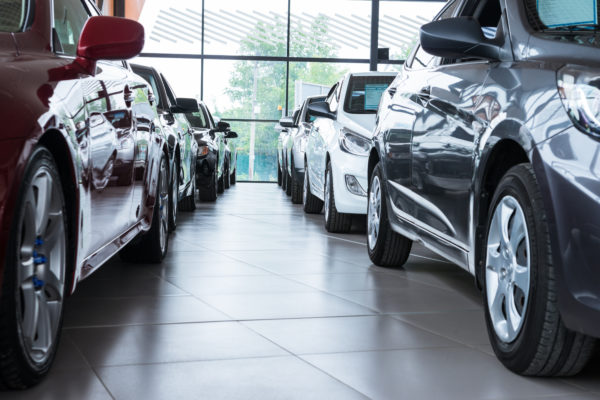Both leasing and buying a car have advantages and disadvantages, similar to renting or buying a house. The most obvious difference with a lease, you get a new car every few years and do not have to sell the car. If you like having the newest technology and the most up-to-date safety features, leasing may offer periodic upgrades without breaking the bank.
When you buy a car, each payment you make builds equity, and once you pay off the loan, you own the car. If you buy the car outright without a loan, you save even more money.
What makes the most financial sense for you? Consider the following factors:
Your monthly cash flow. Leasing a car often has a lower monthly payment compared with financing with the same loan terms. With a lease, you are paying for the depreciation of the car during those years rather than the whole vehicle cost. Leasing may be more favorable if you need access to more cash every month.
Available savings for a down payment and initial fees. Most lease agreements have low down payments, or perhaps you can get the dealer to waive the down payment. You will pay less for sales tax on a lease since most states calculate only the monthly payments, not the total cost of the car. With the lower down payment, a lease may have a smaller impact on your budget and cash balance.
Distance you drive. If you drive more than 10,000 or 15,000 miles per year, depending on the lease agreement, you will have to pay extra for each mile. Many leasing companies charge 15 to 20 cents per mile for additional miles, but you could pay less — 10 cents per mile — if you buy miles upfront when you negotiate the lease. Although the extra-mileage penalty sounds daunting, if you traded in a car you bought, you would be penalized for above-average mileage.
How hard are you on your car? If you think it is likely you will be getting dings and scratches on your car or have a high risk of damage to it from kids’ activities or other hazards, a lease may not be a good option. There are wear-and-tear fees that typically cost three months’ lease payments.
Using the car for business. Whether owned or leased, you can take a business deduction for your vehicle, if you meet certain IRS rules. However, the deduction rules and calculations are complicated, so be sure to consider the implications in your situation before you make a decision.
Insurance. When you lease a car, you may be required to get more coverage than you prefer. Leasing companies have their own standards as to what qualifies as acceptable insurance, which may be higher than what you would personally deem necessary.
In the long run, buying a car is almost always cheaper, according to most calculations. The longer you own the car the more you save by buying. Consider how much flexibility will matter to you. Mainly, the decision always comes to your budget and driving needs.